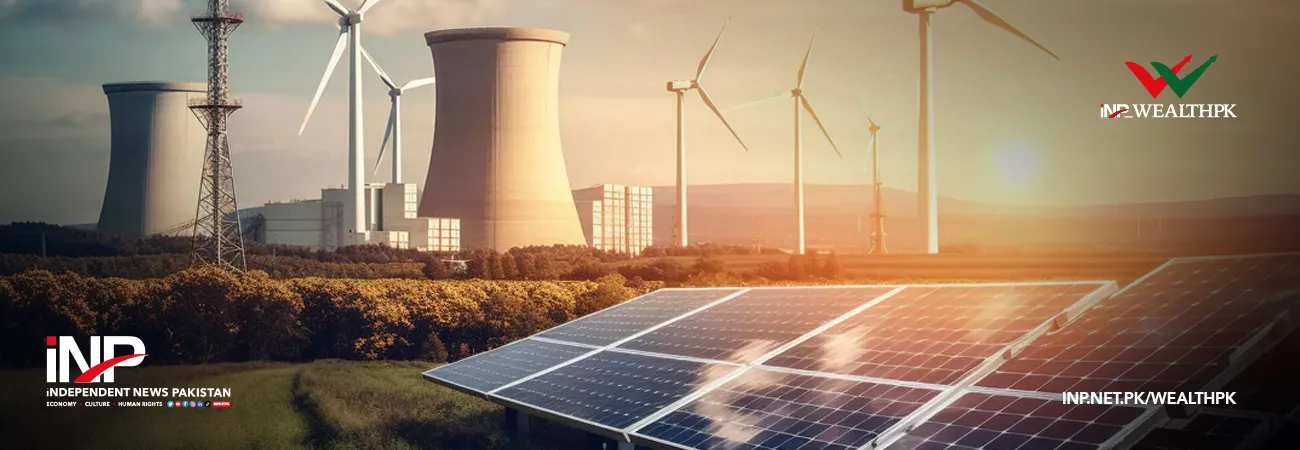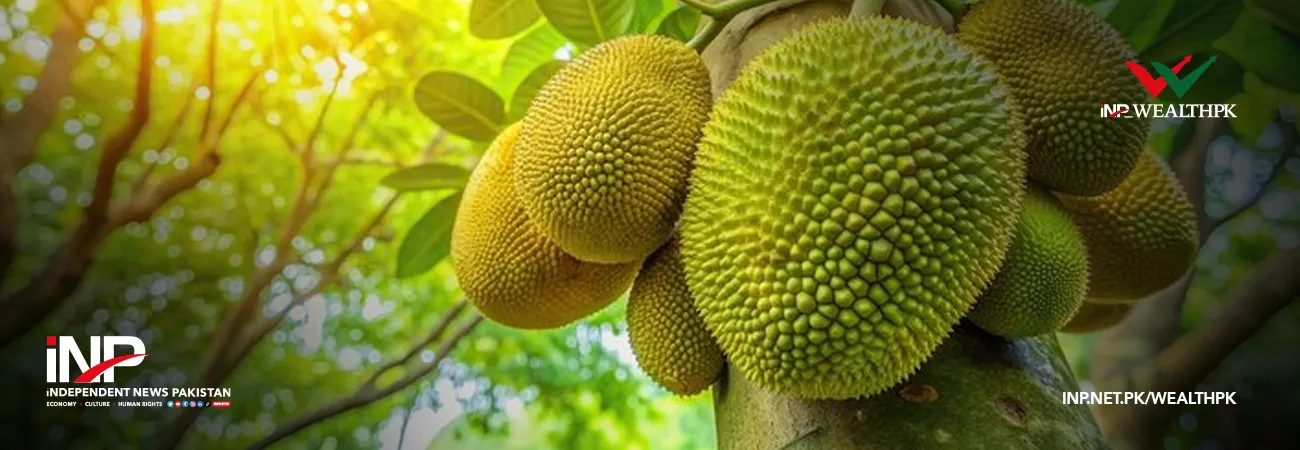INP-WealthPk
Amir Saeed
Rationalising subsidies in Pakistan’s energy sector and redirecting them toward renewables is essential for enhancing economic efficiency and promoting social equity.

Shifting from ineffective tariff-based subsidies to targeted support and innovative financing solutions is the only way to do this. Talking to WealthPK, Afia Malik, an energy expert at Pakistan Institute of Development Economics (PIDE), highlighted the inherent conflict between efficiency and distributional goals that arise from tariff-based subsidies aimed at low-income individuals. “These subsidies often lead to deadweight loss and may not effectively alleviate poverty.” Instead, Malik advocated for direct cash transfers, which empower individuals to allocate resources according to their needs and preferences.
“This approach not only enhances economic efficiency but also ensures that support reaches those who need it the most.” In FY23, power subsidies reached Rs864 billion, accounting for 80% of total subsidy spending. The bulk of this (Rs690bn) went to Tariff Differential Subsidies (TDS), covering the gap between Nepra-determined cost-based tariffs and lower government-set consumer tariffs. This trend continued with the FY24 allocation of Rs894bn (1% of GDP) to energy subsidies, predominantly for electricity consumption. Malik also emphasised the environmental risks associated with subsidising fossil fuel-generated electricity.
“Redirecting these subsidies toward renewable energy sources is essential for achieving social welfare and environmental sustainability.” “In Pakistan, where excess installed capacity may limit the effectiveness of immediate renewable subsidies for grid-connected consumers, a focus on targeted green energy solutions is necessary for a fair transition,” she underscored. Talking to WealthPK, Vardah Malik, climate finance adviser at Chemonics International, a global sustainable development firm, said that rationalising subsidies can significantly boost growth and investment in renewable energy.
“By reallocating financial resources toward renewable initiatives, the government can enhance accessibility and affordability for consumers, particularly in regions where traditional energy sources are costly or unreliable.” She emphasised the importance of targeted subsidy programmes that lower entry barriers for consumers through innovative financing models, such as lease-to-own options. “These models allow users to pay for solar installations over time, making renewable energy financially viable.” Furthermore, Vardah suggested integrating fintech solutions to streamline access to funding and reduce transaction costs associated with project financing.
“This synergy between financial technology and renewable energy can facilitate quicker capital flows into sustainable projects, ensuring that funds are directed toward initiatives that deliver significant social and environmental benefits.” “By redirecting subsidies from fossil fuels to renewables, Pakistan can work towards a cleaner energy future. Rationalising subsidies in the renewable energy sector is not just an economic necessity; it is a pathway to achieving a more equitable and sustainable future,” she emphasised.
Credit: INP-WealthPk













